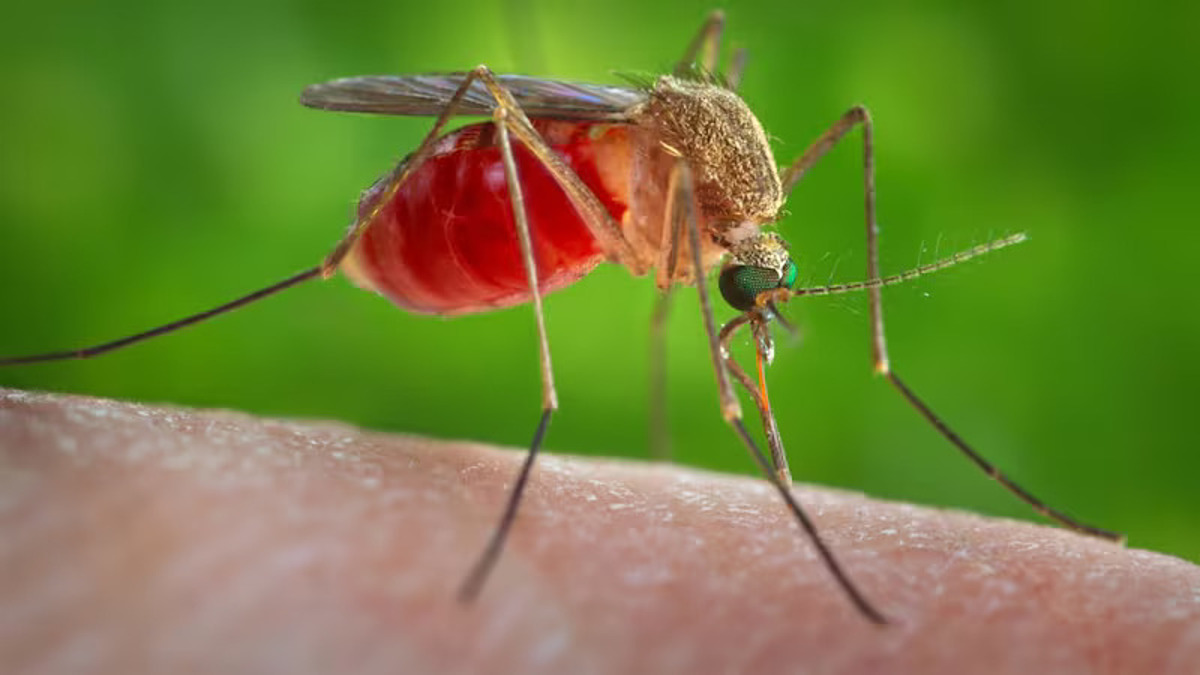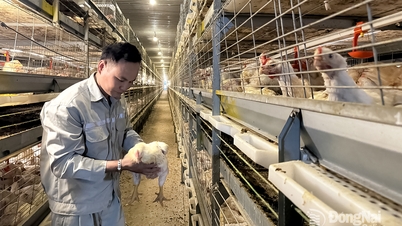However, the heavy summer rains in the Caribbean, fuel shortages, and poor public sanitation are complicating this effort.

Mosquitoes are the vectors that transmit Oropoche fever, caused by the Oropoche virus. Photo: Pexel
More than 500 cases of the virus have been recorded since May, when the disease was first detected in eastern Cuba, according to health officials this week.
Oropouche virus, also known as "sloth fever," transmitted through the bites of mosquitoes and flies, has rapidly spread throughout the provinces and major cities of Cuba, including the capital Havana. Patients typically experience symptoms such as fever, body aches, and nausea, although the disease is rarely fatal.
“Previously, all neighborhoods were sprayed weekly… but now, due to fuel shortages, they are focusing only on specific cases where fever outbreaks occur,” said Luís Aguilar, a spraying worker in Havana.
Shortages of fuel, food, and medicine have hampered efforts to control mosquito-borne diseases such as oropouche and dengue fever, according to authorities. There is currently no specific treatment or vaccine for the oropouche virus.
Oropouche is named after a village in Trinidad and Tobago where the virus emerged in 1995. Since then, approximately 500,000 cases have been recorded. The disease is transmitted through mosquito bites, particularly from a natural reservoir including sloths, non-human primates, and birds. However, scientists ' knowledge of the disease remains limited. The leading medical journal, The Lancet, even called it a "mysterious threat" in a recent report.
Hong Hanh (according to Reuters)
Source: https://www.congluan.vn/cuba-doi-mat-voi-su-lay-lan-cua-virus-sot-con-luoi-post310112.html






![[Photo] Prime Minister Pham Minh Chinh presides over a meeting on private sector economic development.](/_next/image?url=https%3A%2F%2Fvphoto.vietnam.vn%2Fthumb%2F1200x675%2Fvietnam%2Fresource%2FIMAGE%2F2025%2F12%2F20%2F1766237501876_thiet-ke-chua-co-ten-40-png.webp&w=3840&q=75)





































































































Comment (0)